Shell ditches 'hated' North Sea offshore rota
- Published
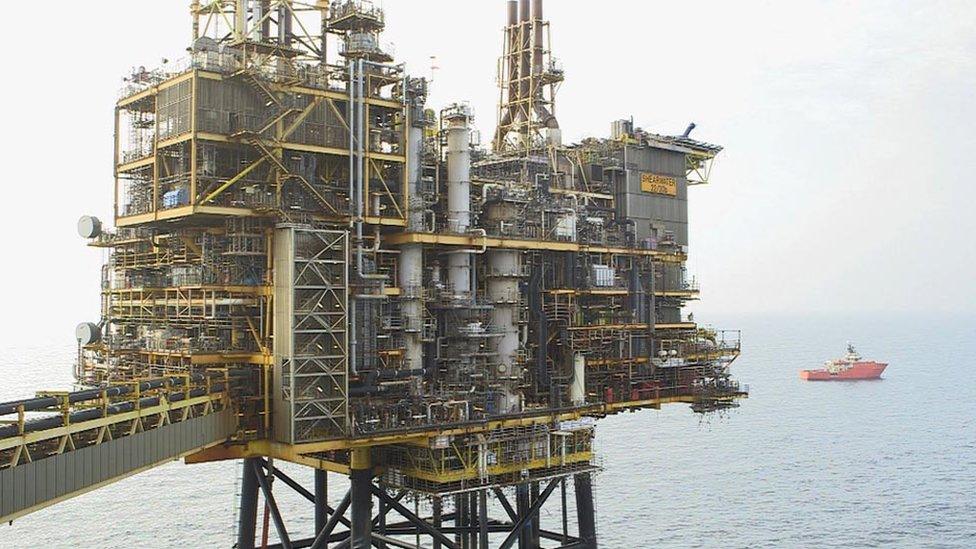
Shell is to return to a pattern where North Sea staff will work two weeks offshore, then three weeks onshore.
The oil giant made the announcement to its workforce in Aberdeen on Tuesday following a review.
Most Shell staff had been working offshore for three weeks, then spending four weeks onshore, since the downturn in production about three years ago.
The Unite union said it had been campaigning against the "hated rota" on health and welfare grounds.
Allow X content?
This article contains content provided by X. We ask for your permission before anything is loaded, as they may be using cookies and other technologies. You may want to read X’s cookie policy, external and privacy policy, external before accepting. To view this content choose ‘accept and continue’.
In April, an Offshore Contractors Association report said spending three weeks at a time offshore had left many oil workers feeling they were suffering substantial fatigue and were more likely to experience psychological distress.
Difficult to recover
The report suggested many had also found it more difficult to recover from the rota pattern.
Shell said it did not foresee job losses as a result of the changes.
The aim of the Shell review was to "continue to drive offshore productivity, to address some issues from offshore personnel and to manage our business".

Steve Phimister, Shell's vice president for upstream in the UK and Ireland, said: "What's important when you do these things is that you listen carefully.
"And what they (workers) said is the three-week-on working pattern was introducing fatigue and other issues in their family and personal lives that they were finding hard."
Due to decommissioning activity, Shell does not plan any changes to operations on the Brent Alpha or Brent Bravo platforms. However, Brent Charlie will move to the new rota.
The company said the changes were due to be implemented in the second quarter of 2019.
'Better rotas'
The move by Shell to return to a two weeks offshore rota comes as unions continued a dispute with Total over plans to introduce the three-week pattern.
Unite regional industrial officer John Boland said: "Unite has consistently highlighted the dangers of three weeks working offshore, and has been campaigning to get operators to move to better rotas for the welfare and health of our members.
"It is good to see that Shell have listened to Unite and the views of the wider workforce.
"This campaign is about our members' wellbeing and safety. We need to do everything possible to stop the use of this hated rota in the North Sea."
- Published13 September 2018
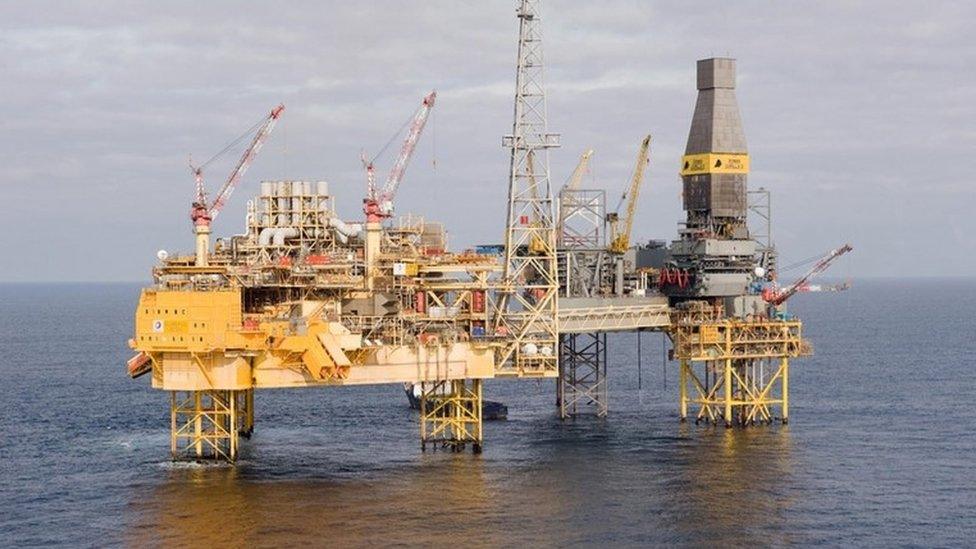
- Published25 June 2018
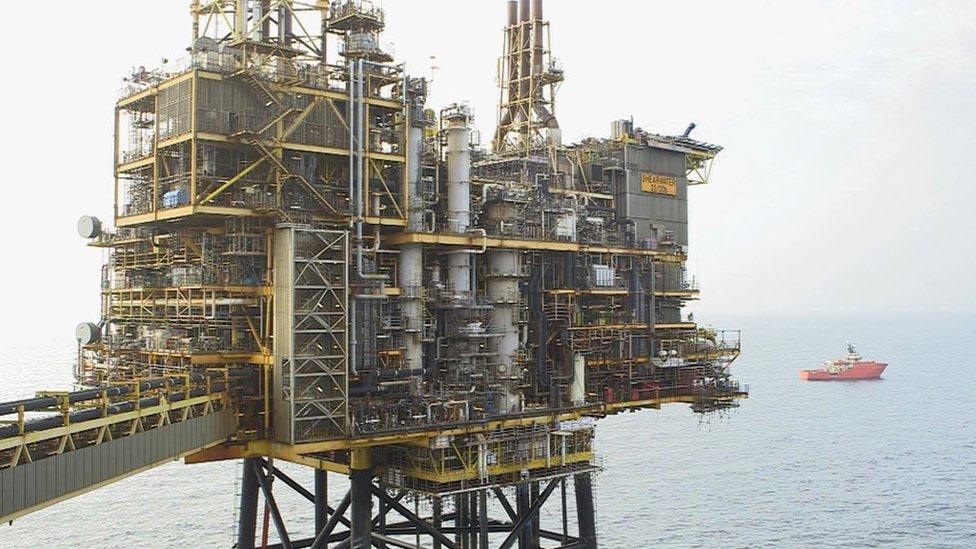
- Published27 April 2018
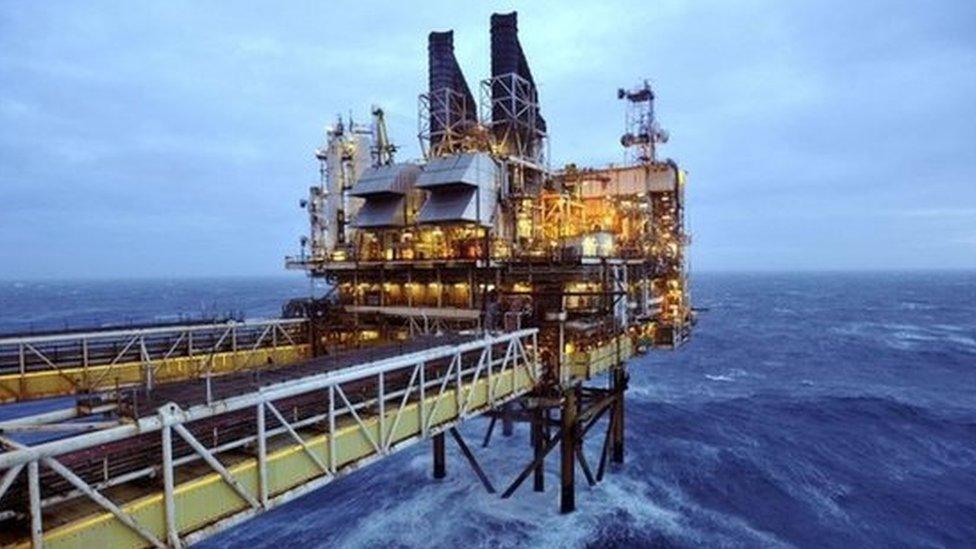
- Published15 January 2018

- Published5 December 2017
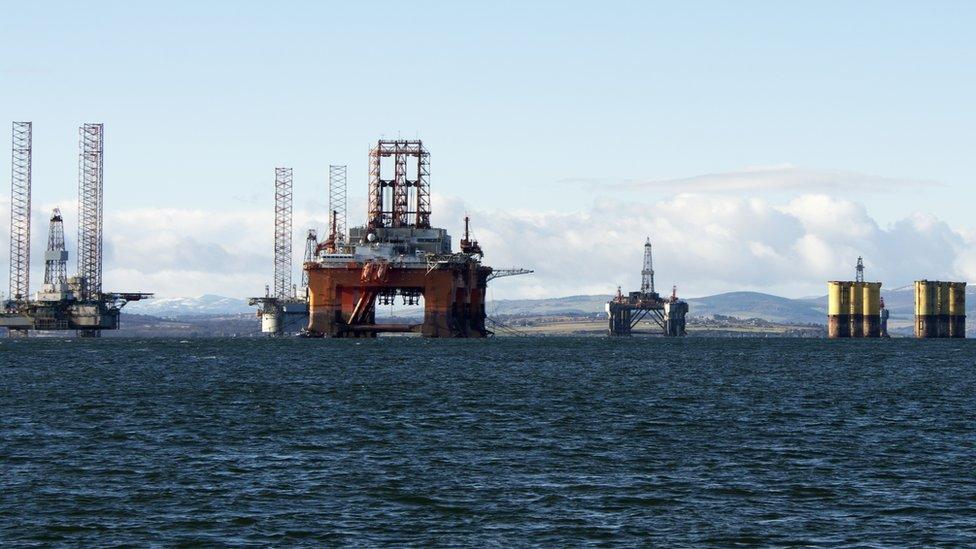
- Published28 July 2015

- Published26 February 2013
